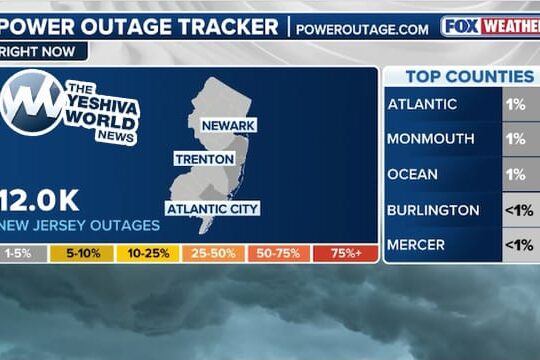WASHINGTON, D.C. — June 27, 2025
In a landmark 6-3 decision, the U.S. Supreme Court ruled that federal district court judges can no longer impose nationwide injunctions—significantly limiting the judiciary’s power to block federal policies nationwide.
The decision, authored by Justice Amy Coney Barrett, marks a major legal victory for President Donald Trump, whose executive actions have often been halted by sweeping injunctions issued by lower courts. The case, Garland v. Aleman Gonzalez, challenged whether a single district judge could block a policy across all 50 states, even if only a few plaintiffs were involved.
“District courts have the power to provide relief to the parties before them, but not to everyone everywhere,” Justice Barrett wrote in the majority opinion. She emphasized that lower courts must tailor rulings to specific plaintiffs, not the entire nation, unless Congress clearly authorizes broader scope.
The ruling will immediately impact legal challenges to Trump’s immigration and administrative policies—many of which had been paused nationwide by district court orders. It also reshapes the legal landscape, curbing a tactic that critics, including many conservatives, have long described as “lawfare”—using courts to thwart national policy through a patchwork of legal rulings.
The three liberal justices—Sonia Sotomayor, Elena Kagan, and Ketanji Brown Jackson—dissented, warning that the decision would hamper courts’ ability to stop potentially unlawful government actions from affecting people outside the courtroom.
This ruling doesn’t decide the legality of any specific Trump policy, but rather, how those policies can be challenged in court. In effect, it means that future lawsuits must now proceed plaintiff by plaintiff, rather than blocking policies across the board.
Legal analysts say the ruling reinforces separation of powers and will likely reduce forum shopping—where opponents of federal policy seek out sympathetic judges to issue broad injunctions.
The decision is expected to have sweeping implications across a wide range of issues, from immigration enforcement to environmental regulations and civil rights protections.
Source link












